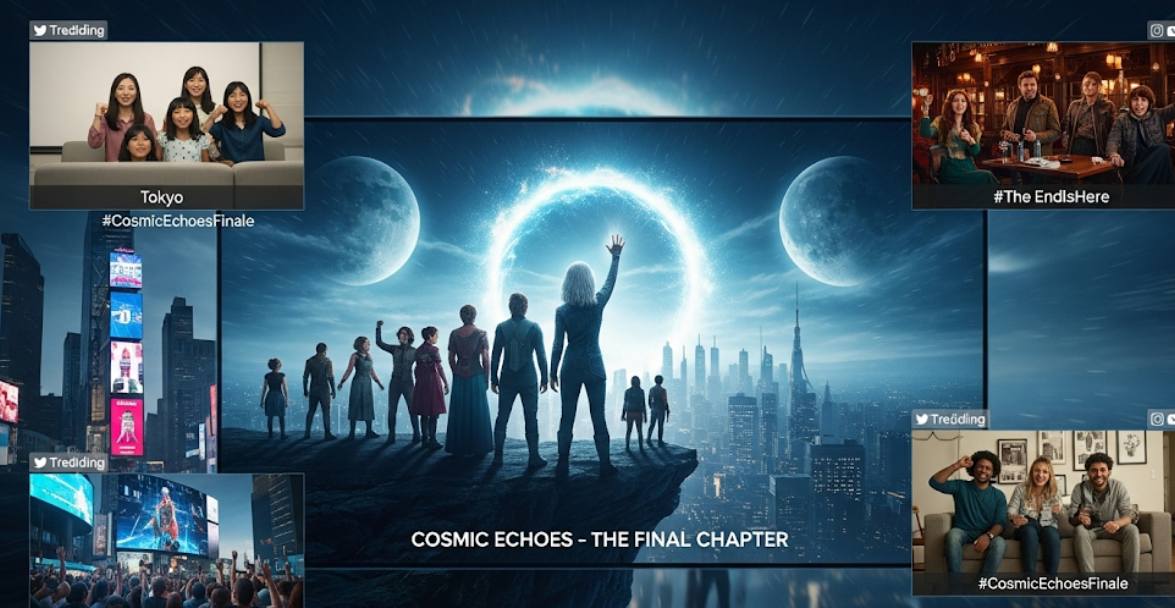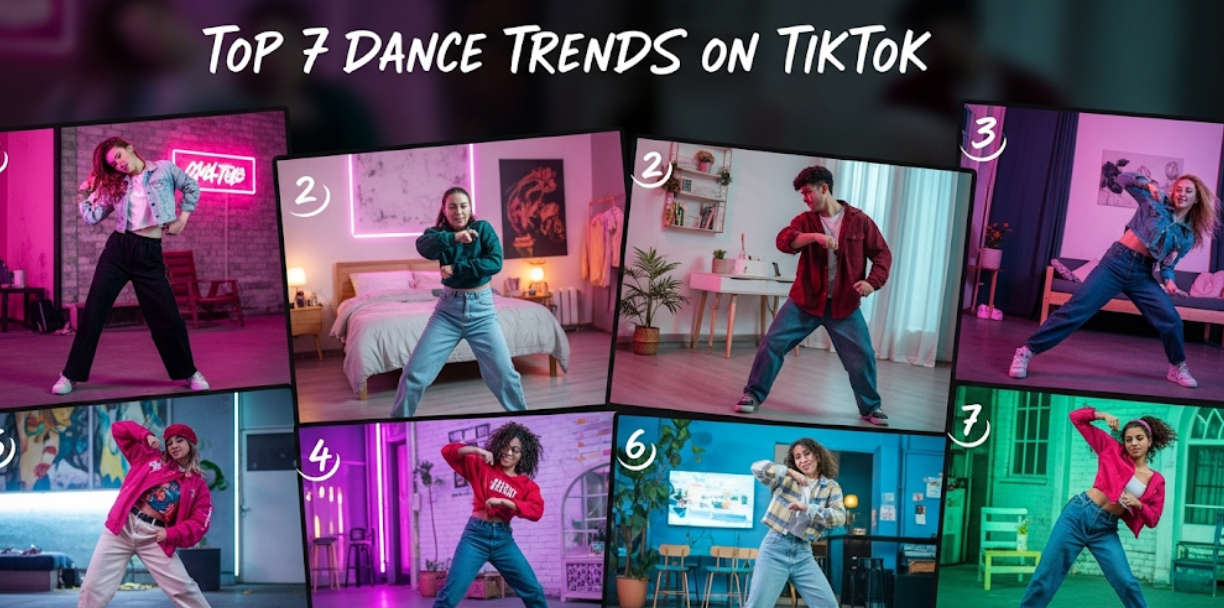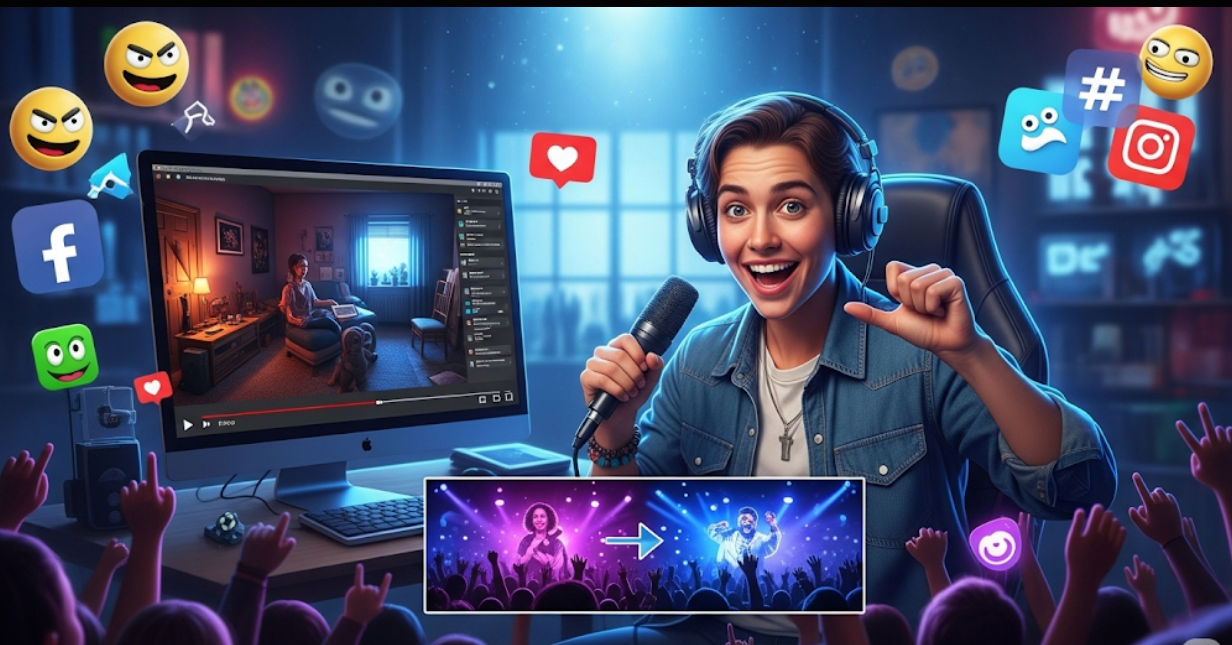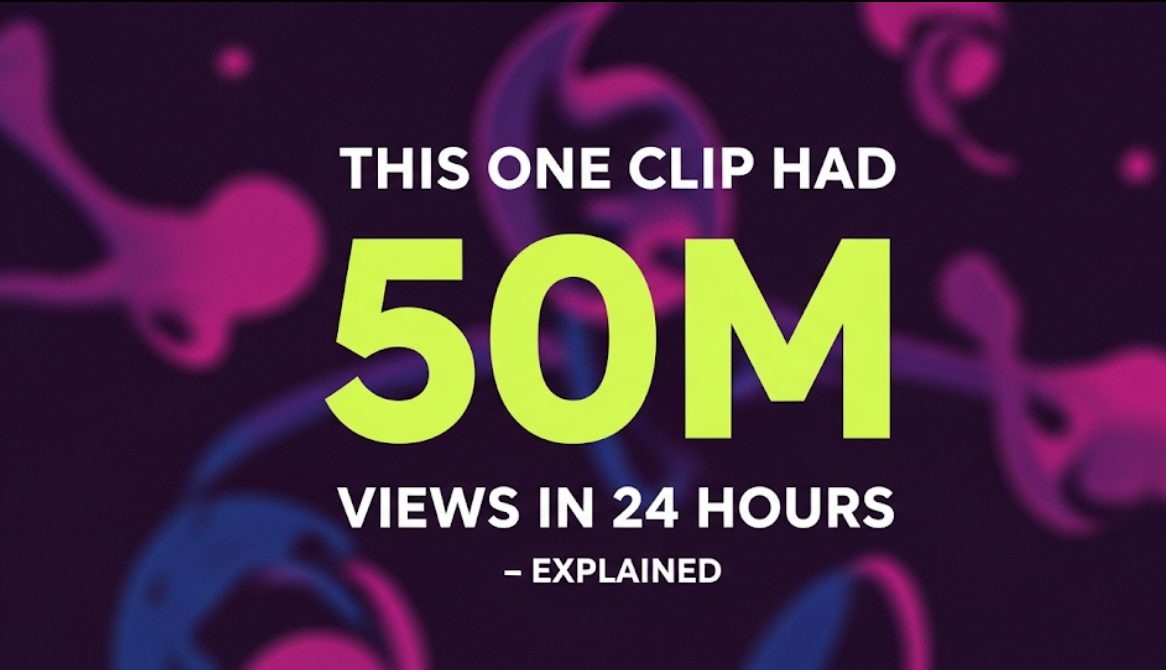The internet erupted when the credits rolled on the final episode of Squid Game Season 3. In a matter of moments, reactions went from stunned to straight-up think pieces, and the finale was already trending worldwide. Well, the viral aftershock was no accident. But it was the perfect storm: an off-the-shelf cultural juggernaut, a streaming launch that made it a smash-hit from the start, an ending straight out of left field and as sharp as a knife, gold dust A-list talent and an existing social media environment ready to weaponize outrage. It is what turned a single episode into that global moment that everyone was talking about.
1) It was leveraging a scalable franchise
Squid Game already had global momentum long before Season 3 finale came around. What had started as a breakout Korean thriller series matured into something closer to a full-fledged pop culture engine spanning multiple seasons, and Netflix’s marketing juggernaut treated the debut of season 3 like an event more on the level of a major franchise license. And then came the drop, numbers in tow; within the first three days of release, The Witcher season one went on to break early viewing day records for Netflix — signifying how many eyes were already set upon watching.
Why it matters: A finale only becomes “worldwide” if millions are watching at the same time — but with Squid Game, global coverage was bringing in millions seconds after that episode debuted.
2) You love a good disagreement, and that makes for the best kind of social-media brouhaha
Agreement is not the key ingredient in today’s market for virality, emotion is. That Season 3 finale dared to shock and divide the audience which it did.
We’ll get to the latter in a moment, but UFC podcasts reached peak chicanery with an Infowars fish oil salesman basically facilitating false flag ops from inside the Arena at one point.
Several others thought it was a betrayal, whether characters were poorly plotted out (what happened to their more coherent selves?), or plot threads dropped into the abyss of death with wasted potential or, worse still, its twist felt designed to be shocking but insufficiently surprising.
It was this split reaction that inspired millions upon millions of posts, memes, long-form reaction videos and debate threads on X (Twitter), TikTok and Reddit — What we in the biz like to call… a viral feedback loop. And major outlets got both sides of the divide; negative reviews from critics, but a mixed-bag audience score that became less “Jury’s Out” than it was recess for conversationalists.
Why it matters: A polarized ending is what keeps a show trending for weeks even longer than a neat universally liked finale would never have been able to.
3) A-List Cameo made the mainstream headlines louder
But the most talked-about aspect of the finale wound up being an unannounced, high-profile cameo in its final frame: Cate Blanchett shows up as an American “recruiter,” a subtle but direct suggestion that this show’s vision — and its literal economy based on human suffering — reaches far beyond South Korea. It was the soundbite news outlets and social feeds had been waiting for that gave such a one-dimensional image (and it was just an image in this case, of a well-known movie star playing ddakji calmly on city streets).
That’s why this is important: celebrity cameos are what turns what could otherwise be a bunch of fans talking niche into mainstream news. This GIF was the first thing to come up on BUZZFEED when I googled Scandal (ugh too much shipping): because even people who don’t watch the show click at least once!
4) The Finale Was Also A Conclusion And Franchise Tease
A smart element of the finale: it plays like a curtain call for some characters, but it parts the curtains on new worlds — spin-offs, reboots, foreign editions. The Western recruiter who appeared in the last scene strongly implied that this was a game that could be exported (or easily changed) around the world, so it was both a wrap-up and an invitation. That led to speculation and theory-crafting throughout social media.
Why this is interesting: unanswered threads and doorways keep viewers conversing — and enable press to report on the show itself when studios disclose what they’re doing next.
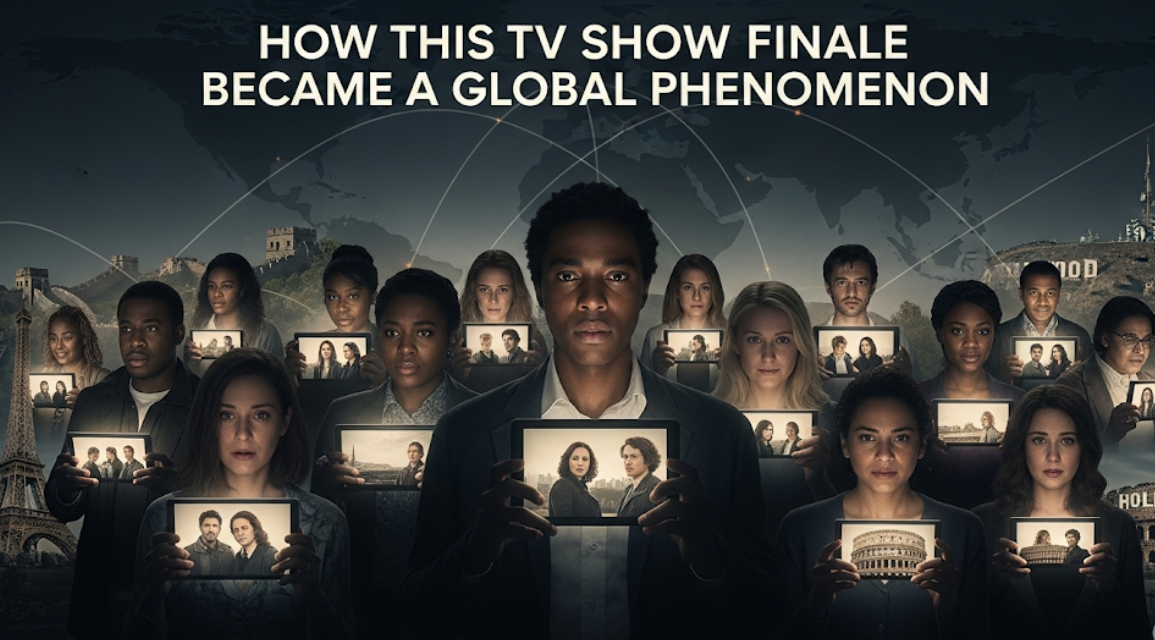
5) Netflix rolled out a strategy and metrics that kept the headlines coming
In order to qualify, the actual mechanics of modern streaming weigh in: a strong day-one audience for starters, plus placement on those all-important platform Top 10’s and promotion across Netflix’s own marketing channels that can turn social chatter into headline-making news. Squid Game Season 3 was tallied with jaw-dropping early metrics and was heavily covered in platform marketing — and that enthusiasm fed off news of record series, trending topics as the finale arrived.
Why it matters: Numbers tell stories. With record streaming numbers to brag about, however, major media outlets suddenly do not see the drama as some sort of a cult phenomenon.
6) Response to the trailers and theory-crafting the possible plots went into overdrive because of fan culture
Modern Endings Are Born or Die by Fandom Dynamics
Audience and influencers alike posted hour-long reaction videos which only received more and more views as people went back & forth arguing.
This system gave rise to a few, short moments (a reaction image, a line of dialogue or that cryptic last look) that turned into templates for jokes, remixes and viral clips establishing the meme cycles.
Theory threads: Reddit and fan forums were ablaze with alternate readings, deleted scene rumors and “what it all means” essays that kept the conversation ticking over.
It was user-generated content which functioned like free advertising as every now and then, a new post would encourage more people to watch and give their opinion on who won the battle. And thus a self-creating attention economy made of the viewers. Within hours of the finale, publications from multiple outlets observed that praise and backlash were spreading like wildfire on multiple platforms.
Why this is important: the show itself actually trends long after it airs when we let fans take control of its chronicle.
7) The ending was designed to facilitate cultural and critical debate — the lifeblood of prestige outlets
But beyond memes and hot takes, the finale seemed to demand serious writing from outlets that are interested in exploring the social implications of mass culture. A single episode of a TV show had spawned think pieces on everything from capitalism and spectacle to the ethics of sport-based violence, turning a pop culture event into an international conversation about media, labor rights, and where do we draw lines about what we permit people to do. They unpacked the episode (which, to be clear, while obviously entertaining) as a cultural text — an intention-laden structural entity that has meaning in our contemporary moment.
As to why this matters: quality cultural coverage moves a finale from trending into event territory, something that enters broader public discourse.
This is a short checklist — some of the ingredients that went into making the finale an explosion worldwide in 2025:
- Existing international fan base and breakthrough release momentum
- The ending left audiences somewhat divided with a rather shocking finish charged with emotion
- A high-profile cameo that inspired news headlines, rather than just fan gossip
- Hype is supported by promotion at the platform level and record early viewership
- Memes, reaction videos and essays fan-driven content loops kept us inventing ways to ultimately keep attention
What this means for TV in 2025 — and shows seeking to recapture the magic
Controversy is a marketing multiplier. A controversial ending spurs discussion, not just buzz. Artists can either use that febrile emotional conflict to commandeer exhausted popular culture, or beware: too much of the audience turning away ultimately is no good for fidelity. Users come first; all comes from users.
It’s one thing for workmanlike cameos and elastic tonal shifts to prove more so many years later in the service of a story (as they do — strategic ones, anyway). Celebrity cameos make it bigger, but its bunches are widely thought to be a gimmick unless there’s some natural economy. The Blanchett cameo from Squid Game meanwhile made sense in the context of its central conceit: that the games are never contained.
Fandoms now own distribution. Platforms seed, but audiences amplify. Unpaid publicity teams: reaction crops, clips and debate threads. Shows supposition and community sleuthing invites longer tails.
The narrative will always be driven by metrics. The fine, often unspoken currency that outlets use to justify coverage from birth is their initial streaming numbers, or Top 10 placements, and then what this means for early-days viewership. Sound data gets attention, and controversy amplifies it.
Final take: why the story of the finale didn’t just stop at the credits
The television finale is traditionally a sealed-off event: the last shot, the concluding line, fade to black. A finale today is like the sound of a starting gun: a cue for months of chatter and brand extensions and think pieces and cultural conversation. The final episode of season 3 of Squid Game was the ideal combination of absolute spectacle, shocking twists and turns, star power and narrative ambiguity — which turned out to be a recipe for a truly global television event.


